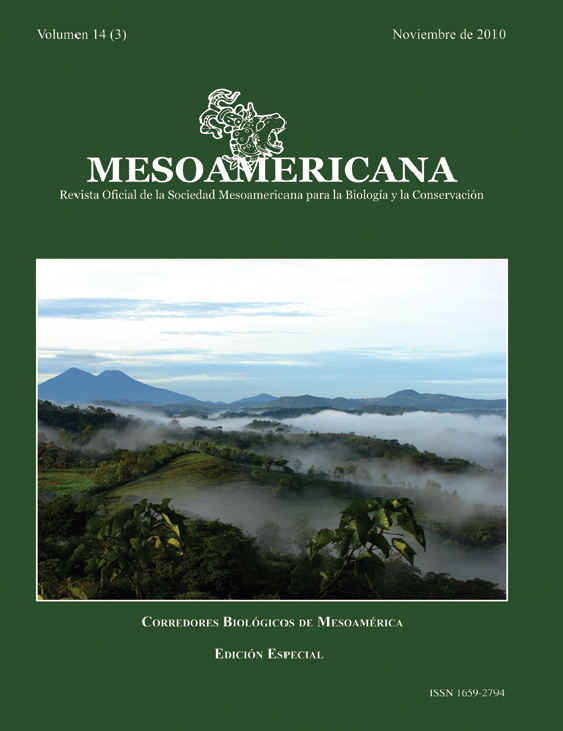

This article offers a brief historical account of the origin of the Mesoamerican Biological Corridor in the region, and especially in Mexico (M-MBC). The objective is to present briefly some accomplishments of this Corridor in Mexico (M-MBC) in strengthening public policies for sustainable development in the region. As an example, the article focuses on the Sustainable Rural Development Project for the Region of Marqués de Comillas, Chiapas, based on the conviction that the conservation of ecosystems and their biodiversity is not possible without working simultaneously on the reduction of poverty and strengthening the economic viability of rural populations within a framework of policy mainstreaming and public action. The conclusion includes some reflections on the future of the Mesoamerican Biological Corridor in Mexico and Mesoamerican region. The significance of the article resides in that it can be concluded that the activities of M-MBC, which started nine years ago, have shown that biological corridors are useful tools for sustainable land use, for biodiversity conservation and, above all, it is possible to reconcile conservation with sustainable economic development, opening the opportunity to replicate the experience in other areas of Mexico and Mesoamerica.